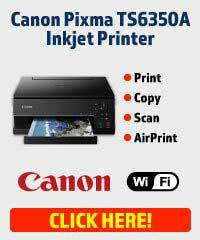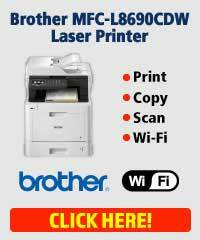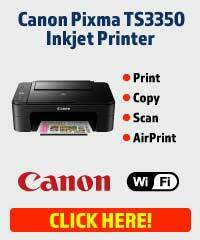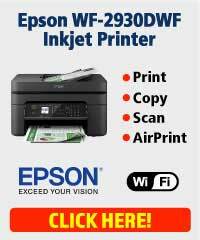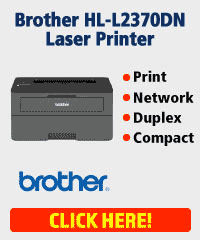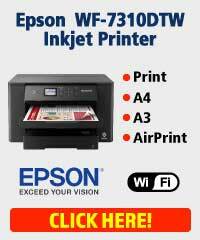A1: An SSD (Solid State Drive) utilises flash memory to store data, whereas a traditional hard drive uses spinning magnetic disks. SSDs are generally faster, more durable, and consume less power. This makes them ideal candidates for your laptop or notebook because they don't drain the battery anywhere near as much as a tradition computer hard drive. They're great for tasks that require speed, when the computer is turned on booting up an operating system or launching applications they excel. Traditional computer hard drives, on the other hand, may offer more storage space at a lower cost but tend to be slower and less robust. On the other hand they are generally cheaper so they make more suitable secondary storage options.
A2: When selecting an SD or Micro SD Card, consider the following factors:
Check your device's specifications to find out which types of SD or Micro SD cards it supports. Determine how much storage you need based on what you plan to store (e.g., photos, videos, documents). The speed class indicates how quickly data can be read/written on the card. If you're into high-definition video recording or professional photography, you'll want a card with a higher speed class. Opt for reputable brands to ensure quality and reliability.
A3: USB Sticks and Pen Drives are designed for portable and temporary storage. While they can be used to store files for an extended period, they're not recommended as a permanent solutions. These drives can be more prone to failure and data loss compared to more robust storage like External Hard Drives or SSD Drives. For long-term storage, it's advisable to use a combination of backup solutions, including cloud storage, external drives, and proper data management practices.
At IJT Direct we strive to provide not only the best products but also the information you need to make informed decisions. If you have any more questions or need personalised assistance, our expert team is always here to help. Happy storing!

